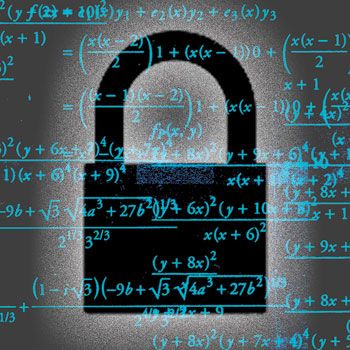
Cryptography and Security

Instructor: Prof. Ronen Gradwohl
Monday: cryptography, security, Internet security.
Wednesday: secure protocols, voting, privacy.
Discussion Questions:
Monday
- What problem is the Diffie-Hellman key exchange trying to solve?
- What are the key parts of the Diffie-Hellman key exchange?
- What is the problem that the RSA algorithm is trying to solve?
- Why is encryption important for society?
Wednesday
- What are key properties the clean elections of Bismark and Farivar?
- What does it mean for a protocol to be zero knowledge? How can you be sure that a protocol is zero knowledge?
- What are some real-life uses for zero knowledge proofs?
- How is zero knowledge related to clean elections?
- What is the point of repeating the zero-knowledge test? What is the point of replacing a sequence of tests with a single test?
- Can you describe how one of the proposed clean election systems works? What are its good properties?
- What are some example application domains where there is a conflict between functionality and privacy?
- Why do many attempts to anonymous data before it is released to the public ultimately fail?
- What is differential privacy and how does it attempt to address privacy, while permitting statistical studies?
Readings and Media:
MondayPublic Key Cryptography: Diffie-Hellman Key Exchange, (May want to watch twice) Art of the Problem, YouTube, February 2012.
Gambling with Secrets (RSA Encryption), Art of the Problem, YouTube, July 2012.
Encryption shouldn’t just be an election issue—it should be a human right, Patrick Howell O’Neill, The Kernel, October 2014.
Bitcoin made simple – video animation, Matt Hill, Alex Hern, Paul Boyd, Guardian, April 2014.
Wednesday
Clean Elections, Cyrus Farivar, CACM, October 2008.
E-voting without Fraud, David Bismark, TED Talk, July 2012.
How to explain zero-knowledge protocols to your children, Quisquarter et al., Advances in Cryptography, 1990.
Privacy Matters, Samuel Greengard, CACM, September 2010.

